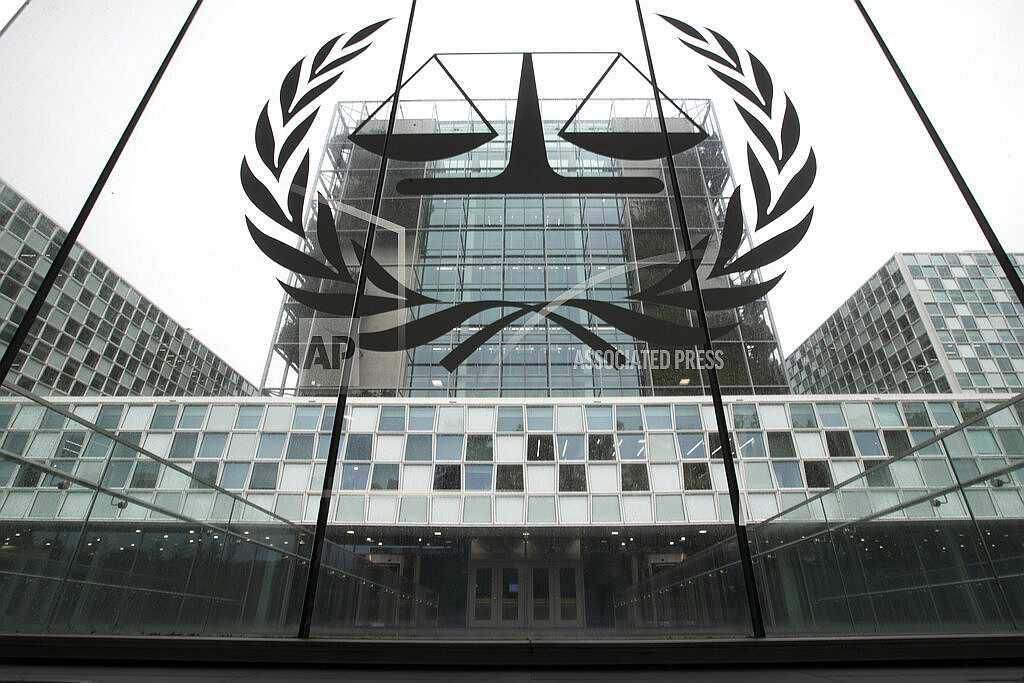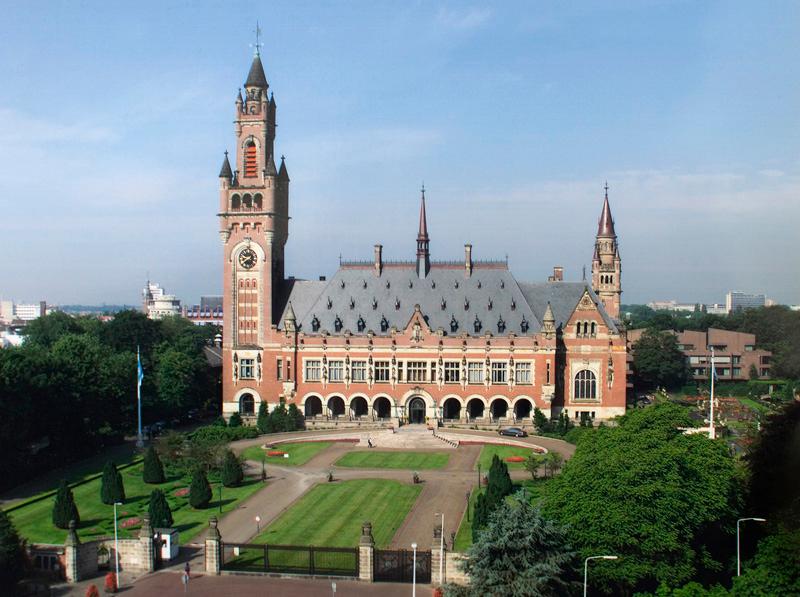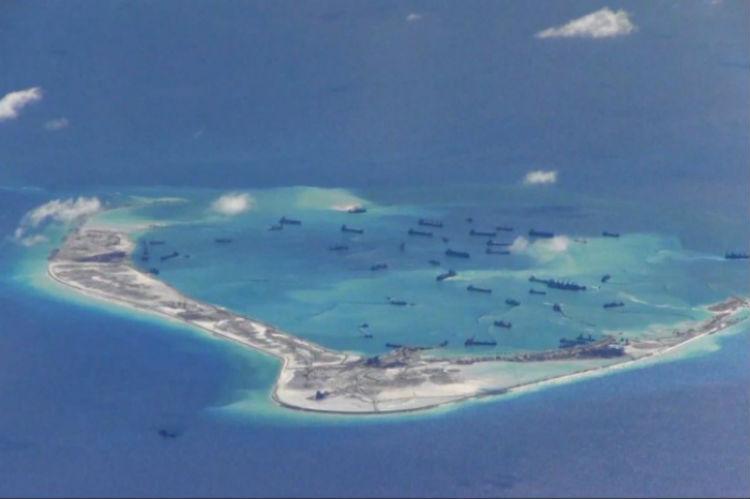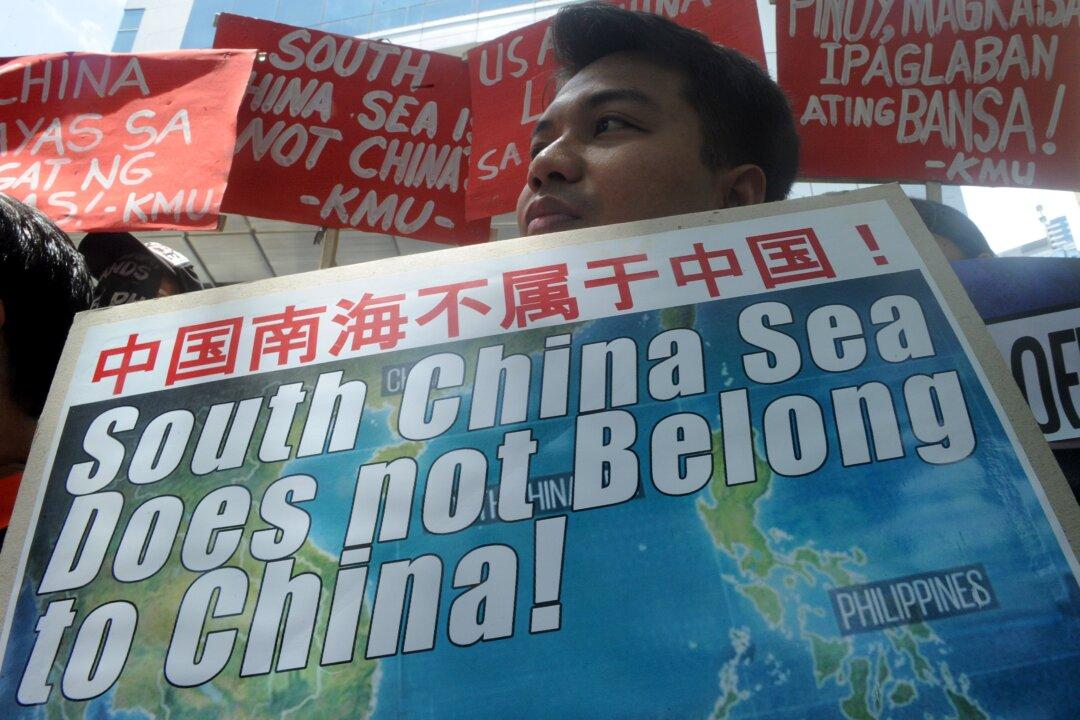Focus
The Hague
LATEST
House Speaker Looks to Sanction ICC Officials Over Arrest Warrants for Israel, Hamas Leaders
Mike Johnson joins the Biden administration and members of Congress on both sides of the aisle in condemning the International Criminal Court’s announcement.
|
|
China's 5 Stages of Grief Over South China Sea
The South China Sea may be lost forever to China. Assuming the Chinese regime listens to the ruling by the international UN tribunal in the Hague, which is probably pretty unlikely. But how has China been dealing since the Hague Tribunal ruling? With five stages of grief.
|
Navigating the Tempest in the South China Sea
The international rule-of-law contretemps in the South China Sea is no longer a yappy Beijing Pekingese but rather a snarling pit bull whose potential for regional disruption appears limitless.
|
The Rule of Law and the South China Sea
Against The Hague’s unanimous decision that there is no legal basis, Beijing claims ownership of about 90% of the South China Sea based on ancient maps.
|
Narrow Court Ruling May Offer Room for Diplomacy on South China Sea Claims
The announcement is expected any day from the Arbitral Tribunal at the Permanent Court of Arbitration in The Hague on whether it has jurisdiction to rule on the Philippines’ case against China’s expansive maritime claims in the South China Sea. In the ensuing hearing, a narrow ruling against China’s “nine-dashed line” is the most likely outcome, suggests Ashley Townshend, a research fellow in the Alliance 21 Program at the U.S. Studies Center, University of Sydney. He identifies an opportunity to reduce a key cause of tension in the South China Sea, but that requires China and Southeast Asia’s littoral nations to approach the verdict with restraint. All parties should recognize political realities and adopt a collaborative approach in returning to negotiations.
|
House Speaker Looks to Sanction ICC Officials Over Arrest Warrants for Israel, Hamas Leaders
Mike Johnson joins the Biden administration and members of Congress on both sides of the aisle in condemning the International Criminal Court’s announcement.
|
|
China's 5 Stages of Grief Over South China Sea
The South China Sea may be lost forever to China. Assuming the Chinese regime listens to the ruling by the international UN tribunal in the Hague, which is probably pretty unlikely. But how has China been dealing since the Hague Tribunal ruling? With five stages of grief.
|
Navigating the Tempest in the South China Sea
The international rule-of-law contretemps in the South China Sea is no longer a yappy Beijing Pekingese but rather a snarling pit bull whose potential for regional disruption appears limitless.
|
The Rule of Law and the South China Sea
Against The Hague’s unanimous decision that there is no legal basis, Beijing claims ownership of about 90% of the South China Sea based on ancient maps.
|
Narrow Court Ruling May Offer Room for Diplomacy on South China Sea Claims
The announcement is expected any day from the Arbitral Tribunal at the Permanent Court of Arbitration in The Hague on whether it has jurisdiction to rule on the Philippines’ case against China’s expansive maritime claims in the South China Sea. In the ensuing hearing, a narrow ruling against China’s “nine-dashed line” is the most likely outcome, suggests Ashley Townshend, a research fellow in the Alliance 21 Program at the U.S. Studies Center, University of Sydney. He identifies an opportunity to reduce a key cause of tension in the South China Sea, but that requires China and Southeast Asia’s littoral nations to approach the verdict with restraint. All parties should recognize political realities and adopt a collaborative approach in returning to negotiations.
|






















